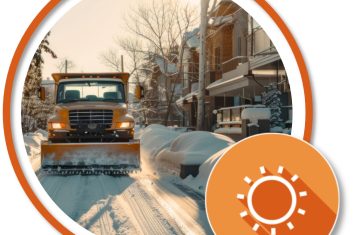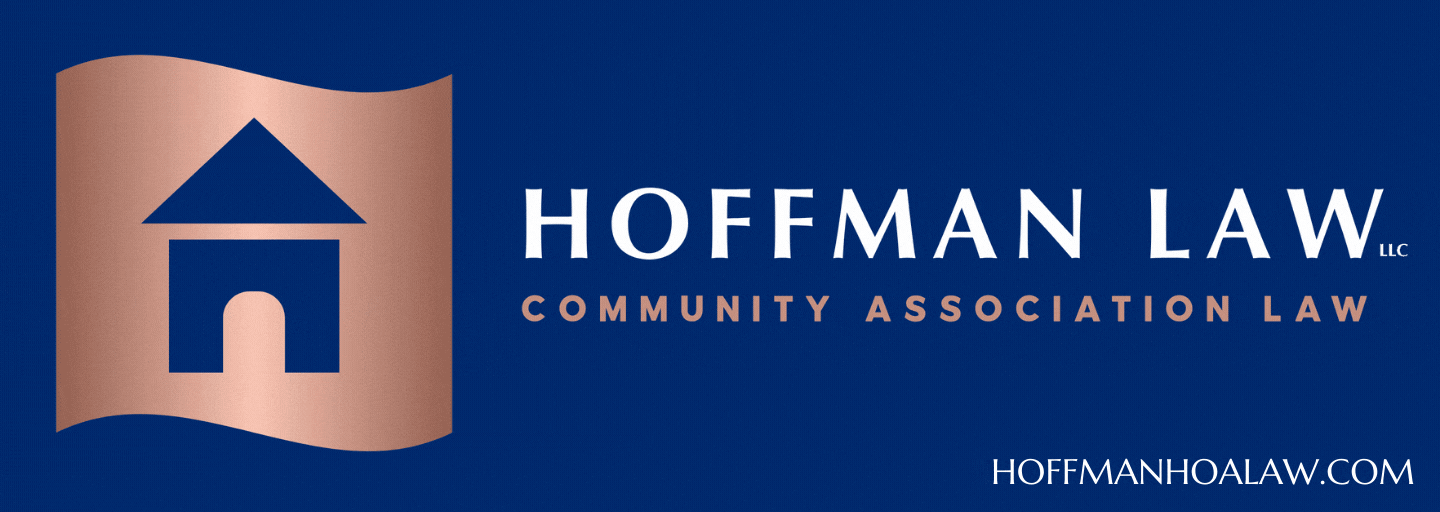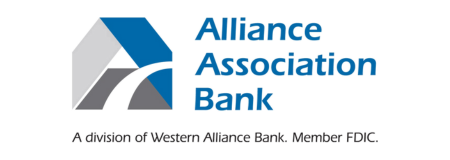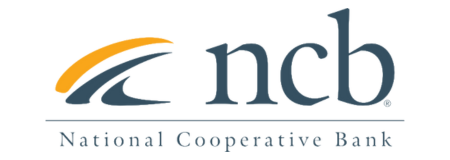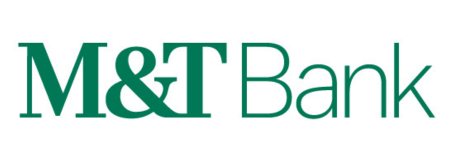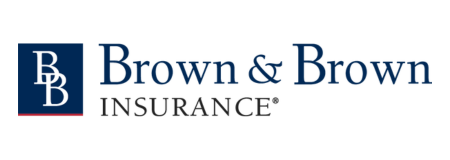Coronavirus (COVID-19) and its Effect on Common Interest Communities
In accordance with our mission and role on behalf of all who live and work in common interest communities in New Jersey, your CAI NJ-LAC has been monitoring the regulative and legislative activity coming from Trenton in response to the COVID-19 pandemic. Changes in the current situation occur almost daily, sometimes hourly. Please read below a summary of that activity current as of midday March 27, 2020.
Governor Murphy’s Executive Orders
Beginning on February 3, 2020, with Executive Order No. 102, the Governor has issued eight such Executive Orders addressing the COVID-19 pandemic. There has also been an Administrative Order dated March 24, 2020, issued by NJ’s Director of Emergency Management (No. 2020-5).
One of the most recent of the Governor’s orders, Executive Order 107, was issued on Saturday, March 21, 2020, and notably ordered that “all New Jersey residents shall remain home or at their place of residence…”, with certain exceptions, as a means of controlling the spread of the virus. One of those exceptions is for those “reporting to, or performing, their job”. In that regard, the order requires “the brick and mortar premises of all non-essential retail businesses must close to the public…” and goes on to identify those retail businesses considered essential, such as grocery stores, banks, and liquor stores, among others. The order further provides that all businesses or nonprofits in the state, whether closed or open to the public, must accommodate their workforce for “telework or work-from-home arrangements”.
Most notably in its application to the management and support staff of a common interest community, the order provides that to the extent that a business has employees who cannot perform their functions at home, certain such workers are exempted from the “stay at home” order, including but not limited to construction workers, utility workers, repair workers, janitorial and custodial staff, and certain administrative staff. So, for all workers who can perform their jobs remotely from home they must do so, but the order recognizes there are some workers who must perform their essential functions at the job site and permits that.
Applying this language to common interest communities, it is clear that community managers who can perform their tasks remotely from home must do so. But to the extent they must be physically present at the community’s location to perform certain administrative tasks, they will be permitted to do so, but with the understanding they must practice required social distancing and personal hygiene protocols when doing so. As for certain trade workers such as electricians, plumbers, boiler tenders, security personnel and maintenance workers who can only perform their essential services onsite, they are permitted to do so, but again only if they practice required social distancing and personal hygiene protocols.
Proposed and Approved Legislation
In or about the week of March 16, 2020, a group of 25 bills were introduced, negotiated and voted on by the NJ Assembly and the NJ Senate, which addressed various aspects of the fallout of the COVID-19 pandemic. Several of those bills were quickly signed into law by Governor Murphy. In the intervening 11 days since then, additional bills have been introduced addressing other specific issues related to the pandemic. Below is a list of those bills that could potentially impact those who live and work in common interest communities, and the current status of each.
A3844 (Freiman / Greenwald) — Concerns business interruption insurance during coronavirus disease 2019 state of emergency. Pending in Assembly.
A3845 (Freiman / Greenwald / Dancer) — Expands EDA small business loan program to include small businesses negatively affected by certain epidemics. Passed by both chambers; signed into law by Governor on 3/20/2020
A3846 (Sumter) — Creates “Epidemic and Emergency Relief Fund”; provides for lost income of workers affected by epidemics. Passed both chambers; awaiting Governor’s signature.
A3848 (Lopez / Munoz / Downey) — Concerns time off from work in connection with infectious disease. Passed both chambers; signed into law by Governor on 3/20/2020.
A3852 (Coughlin) — Allows conduct of State business and legislative sessions at locations other than Trenton during periods of emergency or other exigency; allows conduct of legislative business using electronic means. Passed by both chambers; signed into law by Governor on 3/20/2020. Assembly made history on 3/25/2020 when it used this voting procedure for first time.
A3856 (Downey) — Makes FY 2020 supplemental appropriation of $10 million for residential facility sanitation due to Coronavirus disease 2019 outbreak. Passed both chambers; awaiting Governor’s signature.
A3859 (McKnight / Schepisi) — Concerns prohibition of residential tenant eviction and eviction due to residential foreclosure during certain emergency circumstances. Passed by both chambers; signed into law by Governor on 3/20/2020.
A3861 (Karabinchak) — Permits corporations to hold meetings by remote communications. Passed both chambers; signed into law by Governor on 3/20/2020.
A3864 (Downey) — Authorizes notary public to perform certain notarial acts remotely. Passed both chambers; awaiting Governor’s signature.
A3900 (Sweeney / Scutari) — Concerns family leave and disability benefits during epidemic-related emergencies. Passed in Assembly; pending in Senate.
A3903 (Downey) — Allows remote notarial acts during Public Health Emergency and State of Emergency declared by Governor in Executive Order 103 of 2020. Passed in Assembly; pending in Senate.
A3904 (Burzichelli / Schepisi / Lampitt) — Permits use of virtual or remote instruction to meet minimum 180-day school year requirement under certain circumstances. Passed in Assembly; pending in Senate.
To view the content of these bills, go to: www.njleg.state.nj.us
One final important update: The Cares Act Stimulus bill approved by the US Senate yesterday did not contain a provision placing a moratorium on the collection of consumer debt as it was rumored to contain in earlier versions. We will continue to monitor this federal legislation and will keep you posted. Regardless, this is a time for our association boards to recognize the tremendous challenges that our members are facing and to be understanding in the application of assessment collection policies.
Stay tuned… changes occur daily. Your LAC is on the job and working to keep you informed and protected! Stay well and be safe.
About the Author
George C. Greatrex Jr., a partner in the Cherry Hill, N.J. office of Hill Wallack LLP, is a member of the firm’s Community Associations practice group. He is a member of the Community Associations Institute (CAI), is the current Chair of the CAI Legislative Action Committee – NJ, and is a frequent lecturer to board members, property managers and lawyers on the issues facing community associations in New Jersey. He can be contacted via email at: ggreatrex@hillwallack.com




